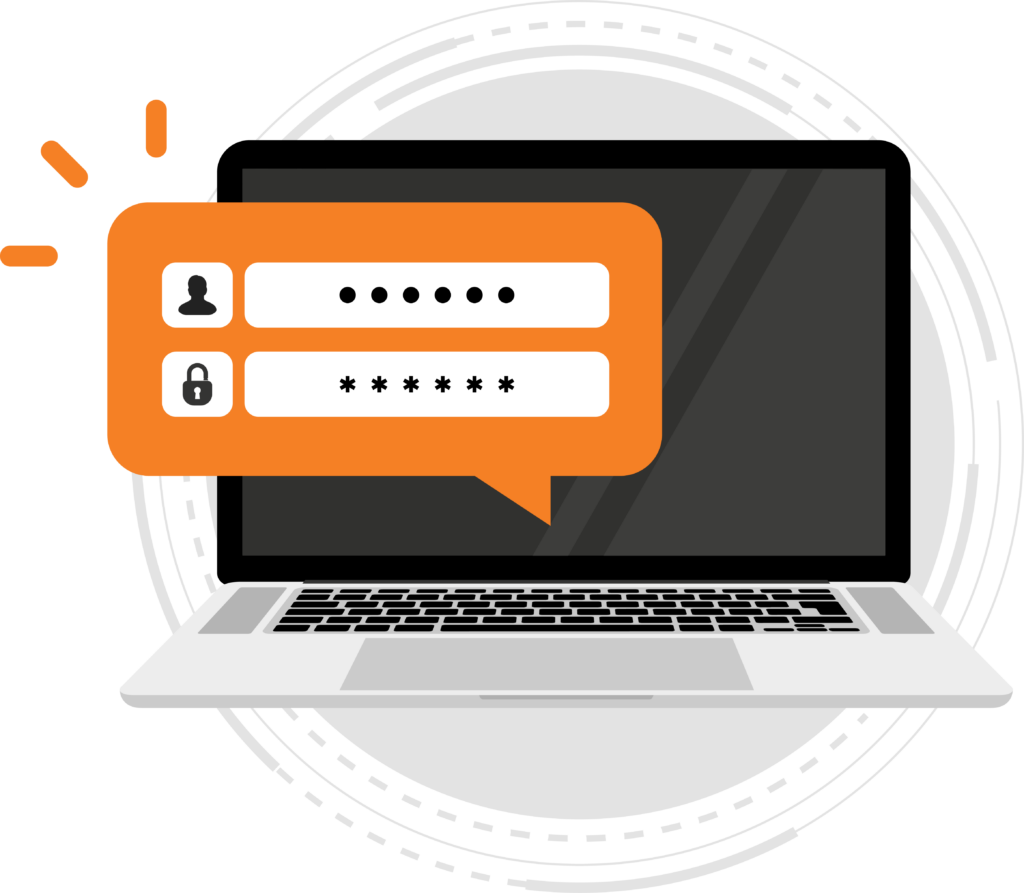Hackers, given the chance, can use tools to “guess” passwords.Hackers can use tools to ‘guess’ passwords if given the opportunity. Why is that so important anyway? Hackers, given the chance, can use tools to “guess” passwords.Hackers can use tools to ‘guess’ passwords if given the opportunity. The longer and more complex the password, the harder it becomes for the hacker. As technology advances and devices become faster, the need for more complex passwords increases. In this article, you’ll learn how to prevent a brute-force attack and get tips on creating and remembering strong passwords.
Recognizing and preventing a brute-force attack
A brute-force attack is a digital attempt to crack your passwords. The attacker systematically tries different passwords via trial and error until one works. Detecting a brute-force attack can be difficult. One of the most common signs is that many services now send warnings for unusual login attempts and account activity. However, prevention is better than cure. You can reduce the risk of falling victim to a brute-force attack by:
- using strong passwords;
- create a unique password for each account;
- limiting the number of login attempts;
- using two-factor authentication.

Password tips
Coming up with a strong and secure password can be a challenge. Remembering it is another one. Keep the following guidelines in mind when creating a new password:
- Use a password with at least 12 characters;
- Use a combination of letters and numbers that only you know;
- Never use birth dates, addresses, or anything else that can be easily guessed;
- Store your password carefully. Using a password manager is a handy tool and nowadays almost essential;
- Use two-factor authentication whenever possible. This adds an extra layer of security to your account.
